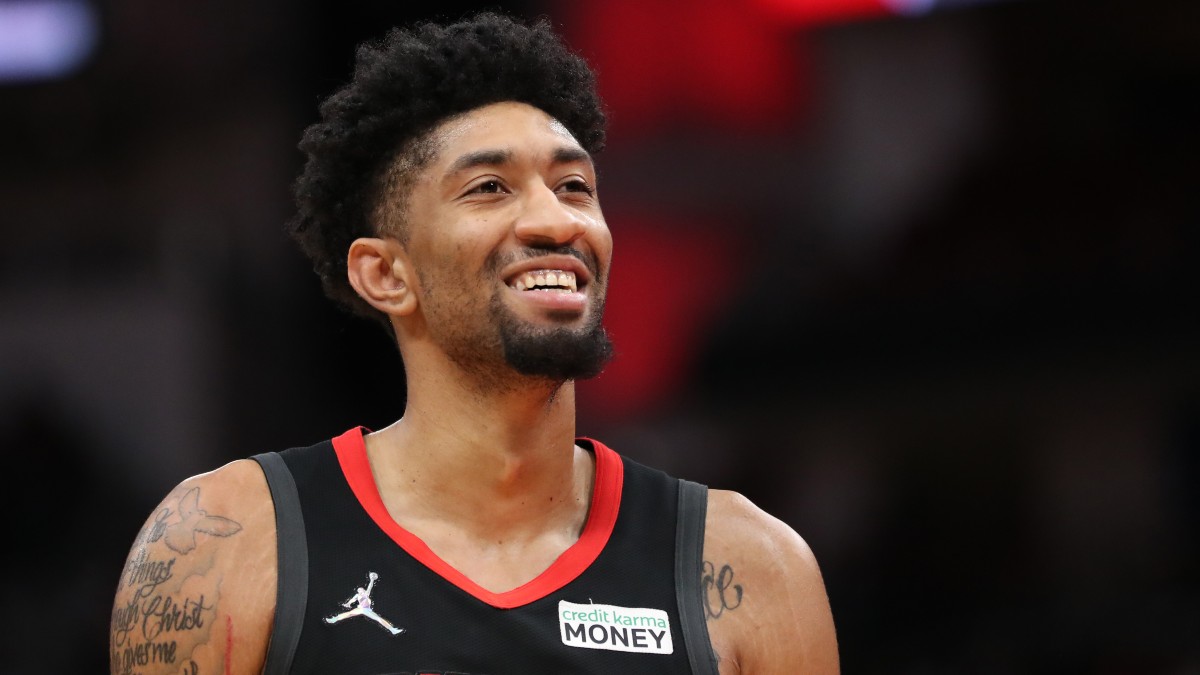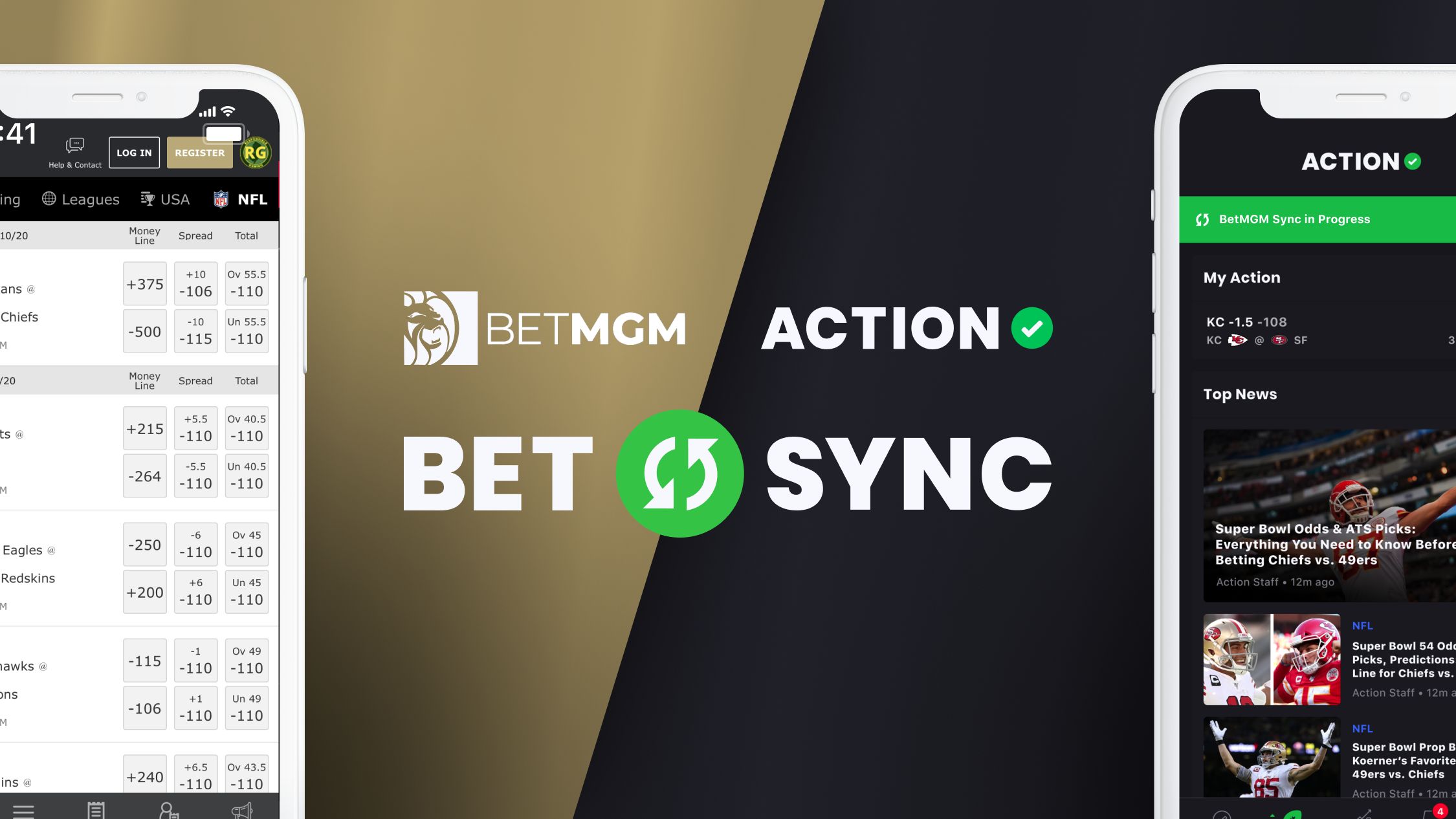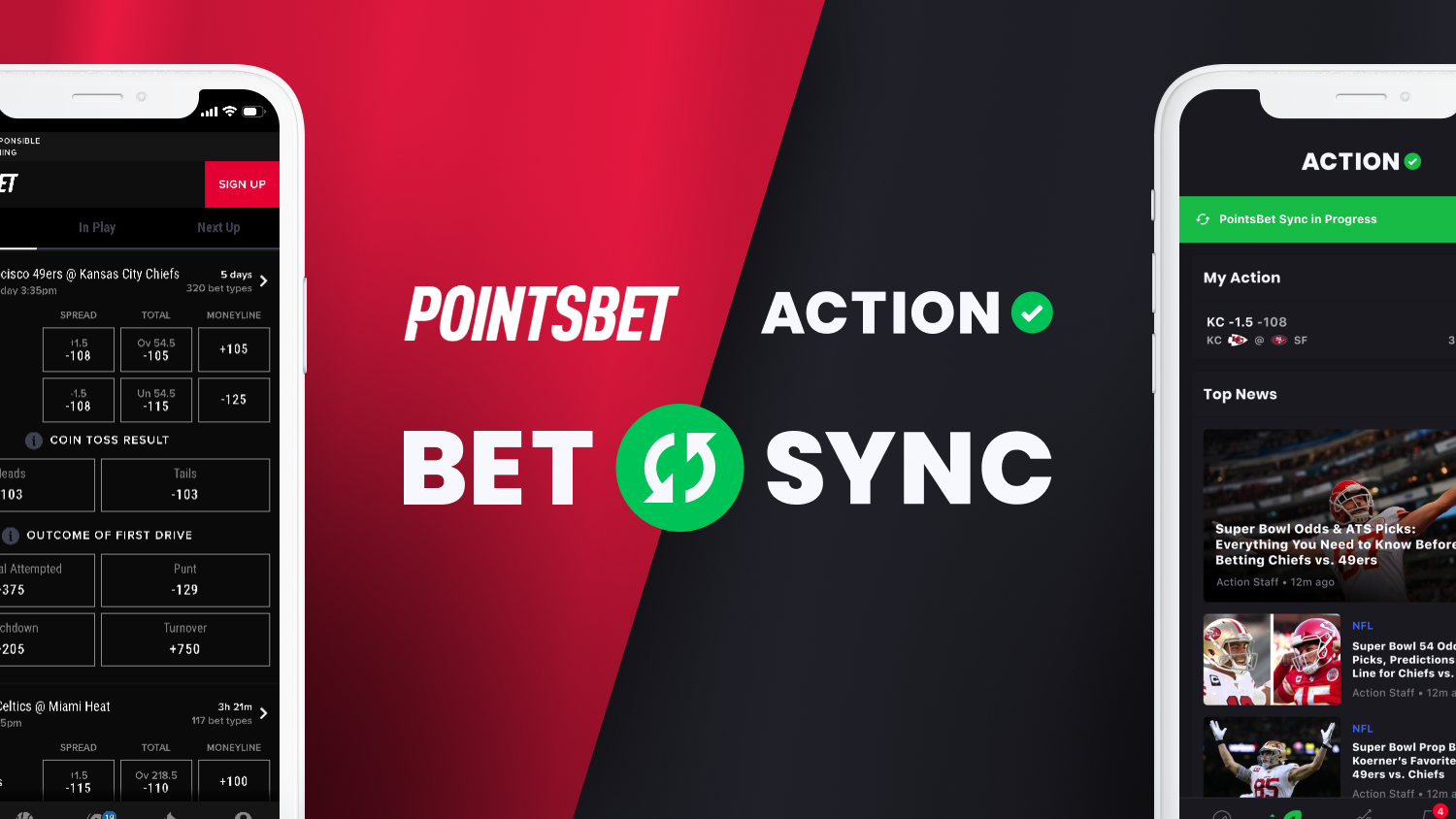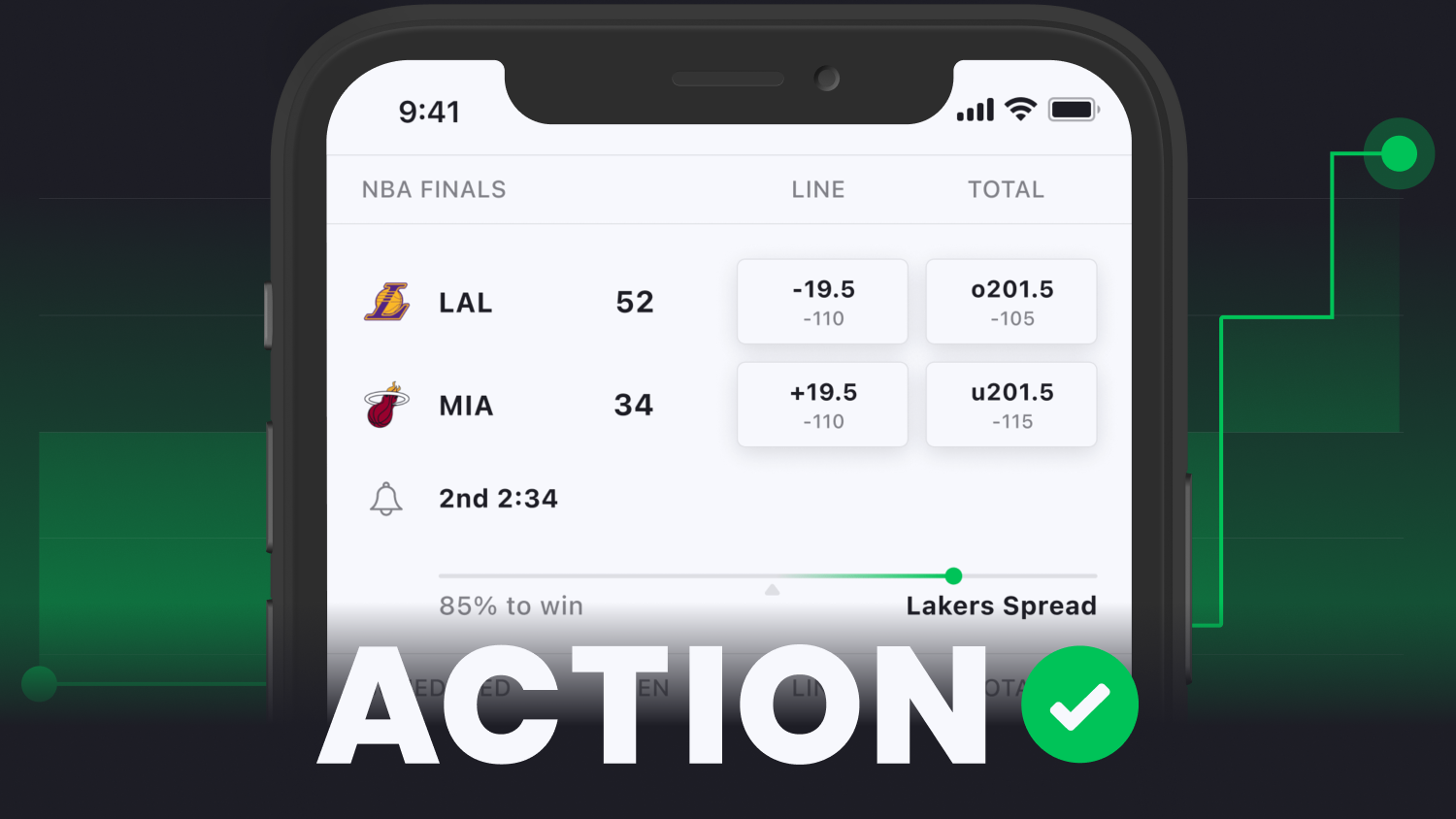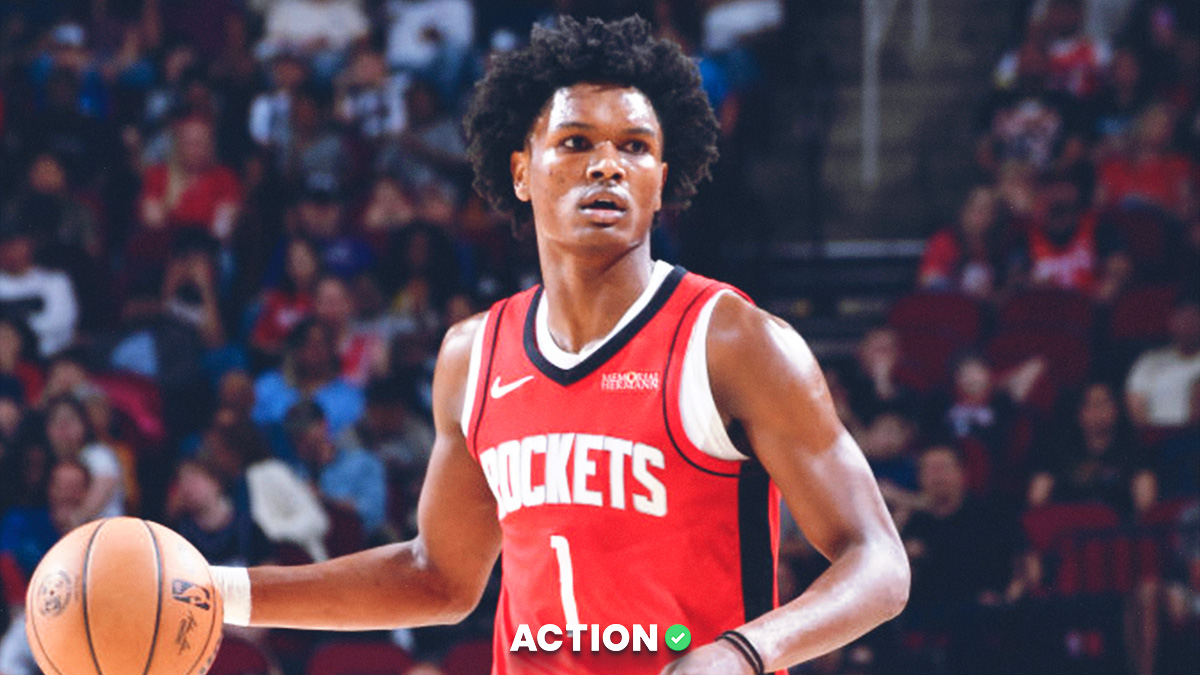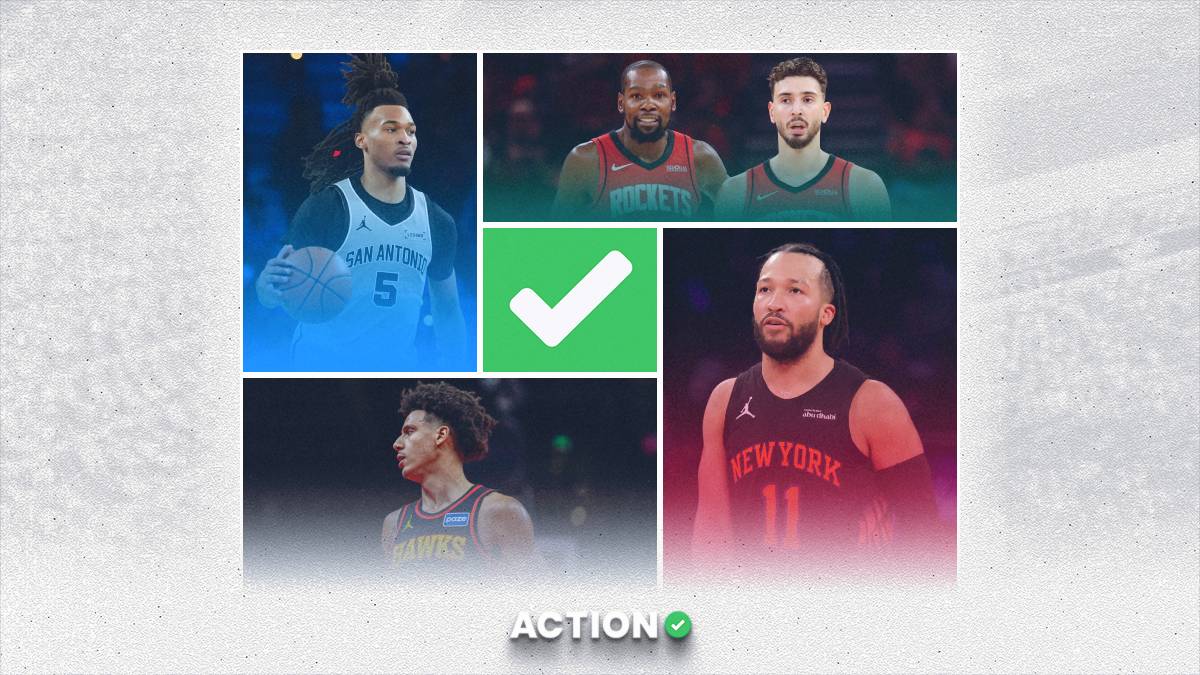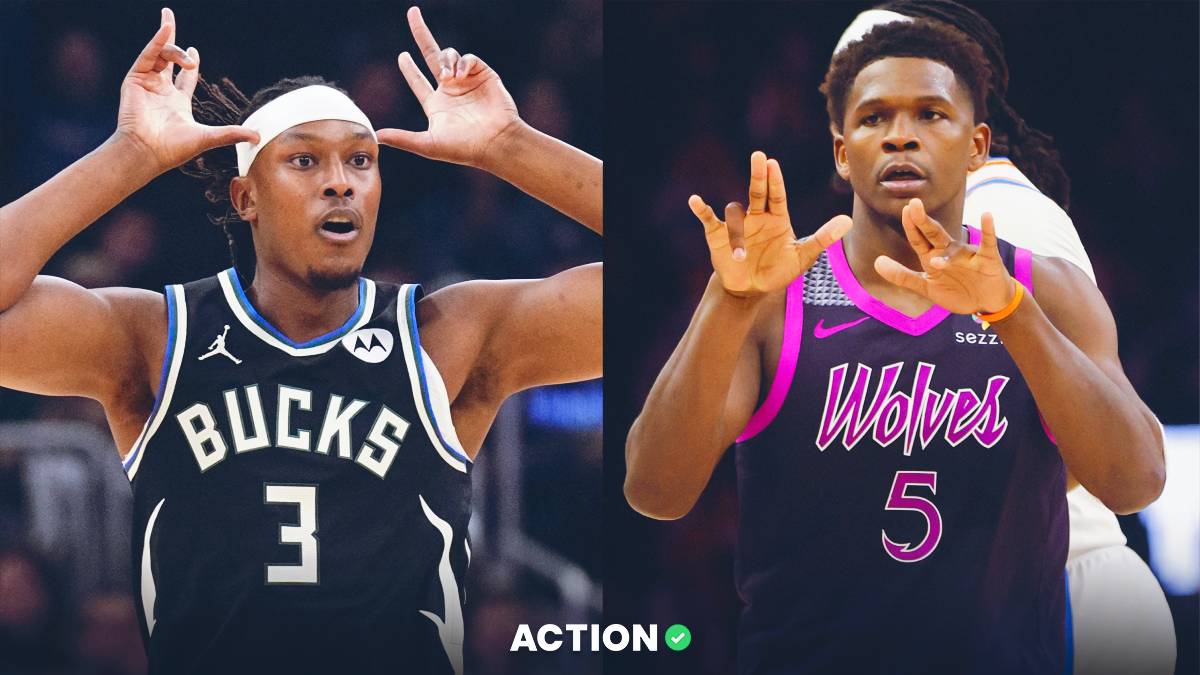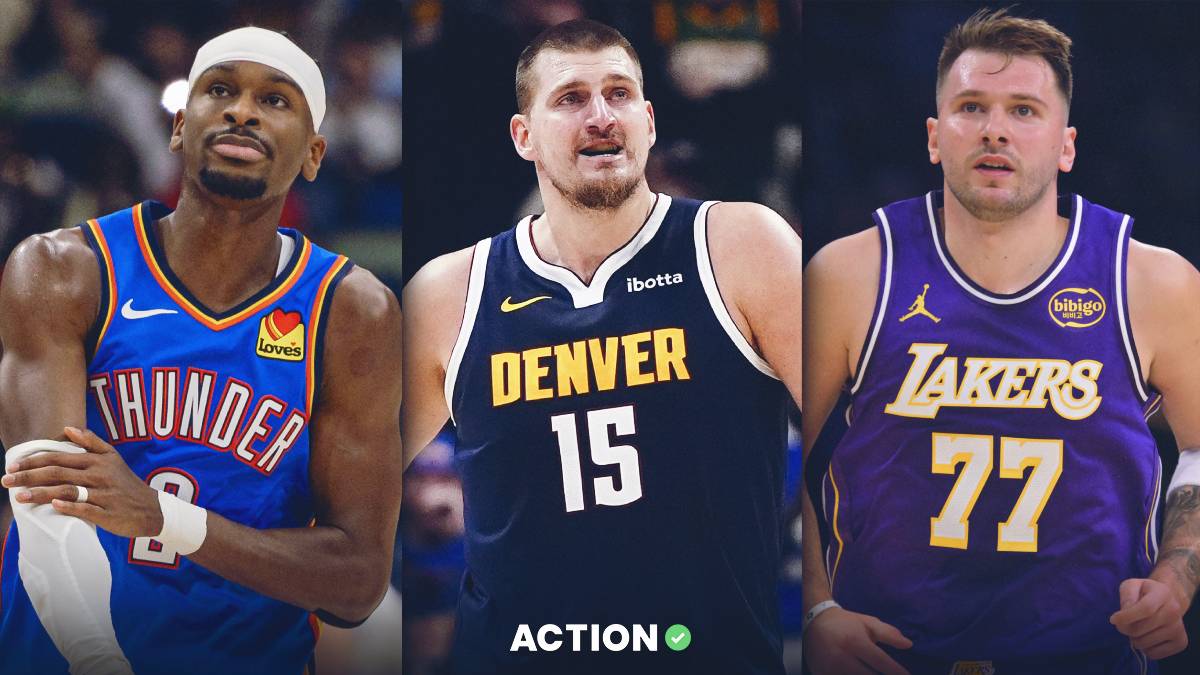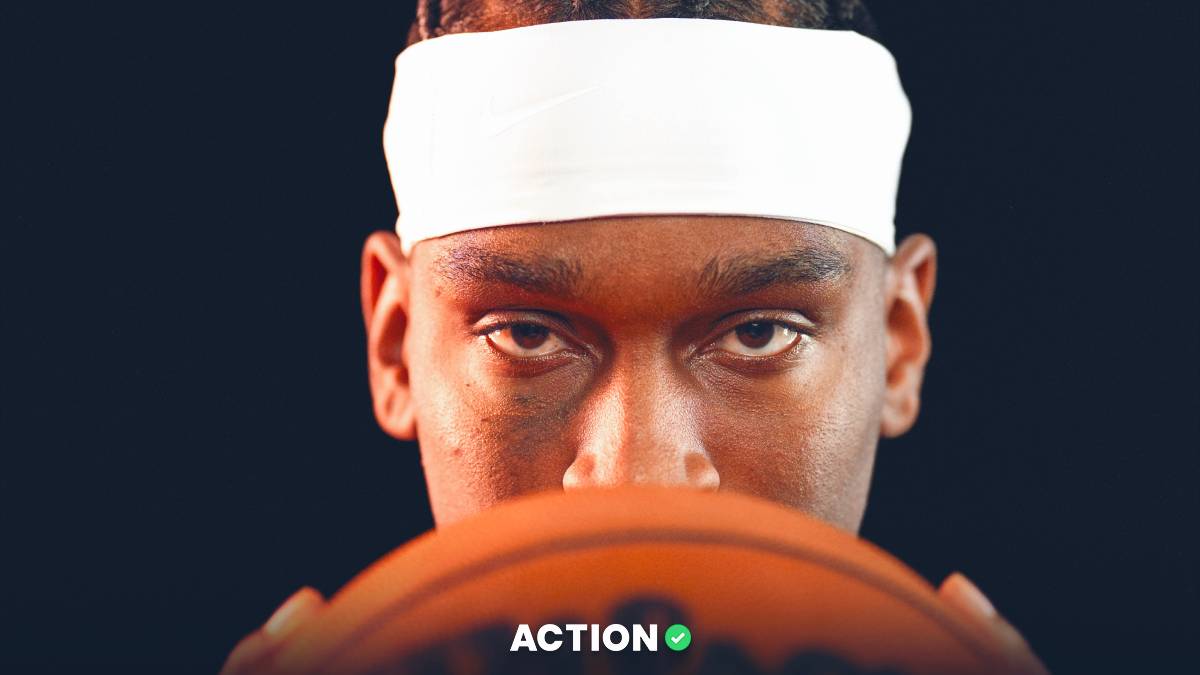Is Christian Wood the missing piece for the Mavericks? Probably not, but he was a gamble worth making for Dallas.
The Mavericks agreed to terms on Wednesday for a trade sending the 26th pick in next week’s draft, Boban Marjanovic, Trey Burke, and Marquese Chriss to the Rockets for Wood. The trade represents a substantial upgrade at the center position for Dallas, which comes with a series of complicated analyses.
Let’s try and break this into parts.
Does Christian Wood Fit Offensively?
The short answer is an emphatic yes. Dallas had a hard time last year when Kristaps Porzingis was out (which was most of the time) and after trading Porzingis with their other center options. Dwight Powell often felt undersized despite being 6-foot-10 to Wood’s 6-foot-11. After Powell suffered an Achilles tear two years ago, his athleticism was simply not the same. As a counter, the Mavericks had Maxi Kleber as a stretch-five.
It was Kleber at stretch-five that unlocked the Mavericks’ best lineups in the playoffs that got them past both Utah and Phoenix to the futures/nba-western-conference-champion-odds">Western Conference Finals. But against a switch-all defense in Golden State, the Mavericks needed the ability to challenge inside and rebound effectively — and Wood solves both of these problems.
With Doncic, you need a rim threat with hands who can deter teams from simply blitzing Doncic with double-teams and a big who can score against switches effectively — either through slips off screens or post-ups — and Wood can do both.
Wood was 28th in the league last season at points off rolls to the rim despite playing on a team without guards who could effectively run pick and roll due to skillset or inexperience. The Rockets offense also had very little structure, which hurts a player like Wood. But Wood scored 1.19 points per possession on shots off rolls to the rim. When he got the chance, he scored efficiently.
Meanwhile, Wood scored the second-most points in the league last season off pops in pick and roll:
So the Mavericks don’t have to choose between five-out and attacking the rim; Wood allows them to do both. It’ll benefit Doncic with his ability to throw lobs and benefit Jalen Brunson (if the Mavericks re-sign him as they have indicated is their intention). He’ll help with rebounding vs. smaller lineups (like Golden State) and spread the floor vs. more ground-bound, drop-heavy teams (like the Suns if they keep Deandre Ayton or Denver with Nikola Jokic).
What About the Defense?
This is where the issues come in.
The problem with Wood, going back to his days in Detroit when he made the leap, has been effort and buy-in. When Wood is bought in, he looks great. When he’s not, he checks out. Presumably, playing winning basketball on an expiring contract will keep him invested; Dallas may not have leveraged everything to get him, but he was the guy they chose to upgrade with. He will (most likely) be their big offseason addition.
Wood can block shots, but more importantly, Wood is comfortable switching on defense. Wood switched the fifth-most possessions of any big in the league, and while the Rockets gave up a 57% eFG when he did so, that was still below their defensive numbers the rest of the time.
Instead of getting, say, Rudy Gobert (were that plausible), who is elite at one type of coverage and pretty good at others, Wood is pretty good at a lot of things without the offensive downsides. That doesn’t make him more valuable than Gobert (he absolutely is not), but it might make him more valuable to Dallas.
Was Wood the Best Upgrade They Could Get?
This is where the market provides a lot of known unknowns. The Mavericks did not have much to work with for upgrades. They had Tim Hardaway Jr., the 26th pick in a weak draft, various contracts, conceivably a sign-and-trade with Brunson, and maybe Dorian Finney-Smith if you got really aggressive, but his contract is honestly below his value at this point.
We know that Dallas had looked into trading for Atlanta’s John Collins, but we also know the asking price for Collins is significantly above what Dallas has been trying to offer and that the market for Collins is robust.
The asking price for Rudy Gobert is “insane” as one exec put it, even with that exec saying Gobert was one of the 10 most impactful regular-season players in the league.
Other potential options simply aren’t as good as Wood.
Was there a chance for a player like Ayton (better than Wood), Mo Bamba (worse than Wood), or Mitchell Robinson? Yes, but not for the assets Dallas had to give up.
The Mavericks had to give up a 26th pick that likely would not play much, if at all, the next two seasons, Boban, who doesn’t play no matter how much people like him, and two out-of-rotation players for an upgrade.
This wasn’t a Costco-type move. It was more of a name-brand-department-store-vs.-Macy’s-type move, and it doesn’t affect Dallas’ long-term assets or significantly add to their salary constraints.
Finally, Wood is an expiring contract. That takes some of the value off Wood as an asset and gives the Mavericks flexibility to judge the move. If they love it, they can extend him. (They might do this upfront as a sign of their commitment.) If the chemistry fit isn’t right, as it wasn’t with Porzingis, then they can go another route.
For Dallas, this wasn’t a superstar, Earth-changing, vaults-them-into-West-favorites move, but if you don’t consider their WCF run a fluke, it’s an upgrade on a Western Conference Finalist in a meaningful role.
What About for Houston, Man?!
The Rockets did fine here. Wood was a malcontent in Houston, and they needed to make room for both Alperen Sengun and, more importantly, whomever they draft third in next week’s draft (presumably, but not absolutely, Paolo Banchero). They picked up a late first-round pick for an expiring contract, moved a locker room issue, and cleared space for their young guys.
Ultimately, the Rockets signed Wood from Detroit when they were trying to reconfigure around James Harden before his trade request. Once Harden asked out, and that situation imploded, the Wood signing was an unfortunate error they could not have seen coming. Wood profiles as a player who will likely be great when the team is winning and not a great fit on a rebuilding team. There’s a hierarchy and structure with Dallas.
The Rockets have a long path ahead of them, but picking up another first, even a late first, as another asset in a rebuilding effort is always a plus move. The trade doesn’t make Houston meaningfully better (unless they sneak a complete, All-Star-level steal with the 26th pick), but it also doesn’t make them worse. It’s swapping a flawed short-term asset for a flawed long-term asset and more flexibility.
Ok, Ok, So How Do I Bet It?
The Mavericks are +1500 to win the 2023 title at DraftKings. Does this meaningfully improve their odds? Not enough to bet it now based on the risk of injury and with so much to be decided from the draft and free agency. This is not a “the Mavericks should be the favorites now!” type of move. It’s a “the Mavericks are meaningfully better than they were last year when they made the WCF, but you have to put that in context.”
Likewise, expect Doncic’s MVP odds to only get shorter after opening as the favorite two years in a row. At this point, we need to see Doncic come into camp healthy and in shape, ready to put together a year-long elite campaign before we can grade that as a bet worth making.
Where I do think there will be value is on division futures when they come out. The Mavericks will probably open as favorites, even though the Grizzlies beat them out for it this season (and were ahead the entire season). But with some expected regression from Memphis and improvement from Dallas thanks to this move (and getting THJ back healthy), there will probably be value on Dallas at a short plus-number.
This, of course, depends on what else happens in draft or free agency, but with San Antonio and Houston in rebuild modes and the constant uncertainty with the Pelicans and Zion Williamson, Dallas will be a good number when it pops.


